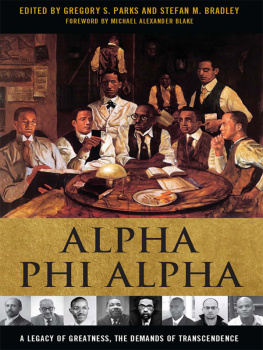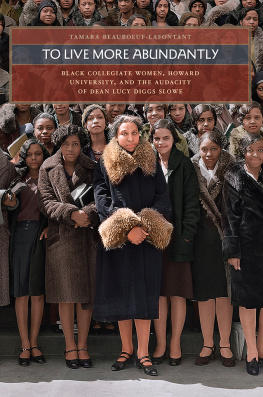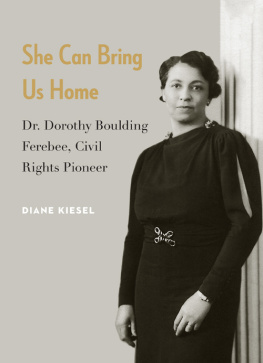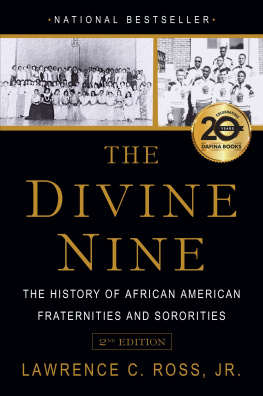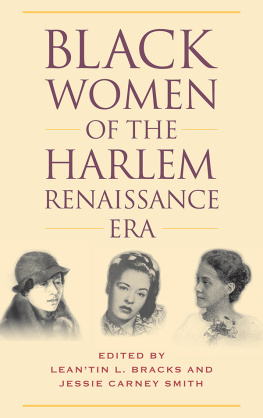Cover photo of Delta Chapter, Alpha Kappa Alpha, 1930, women in front of AKA house in Lawrence, Kansas (Dorothy Hodge Johnson Collection). Courtesy of the Spencer Research Library, Kansas Collection, University of Kansas.
Published by State University of New York Press, Albany
2010 State University of New York
All rights reserved
Printed in the United States of America
No part of this book may be used or reproduced in any manner whatsoever without written permission. No part of this book may be stored in a retrieval system or transmitted in any form or by any means including electronic, electrostatic, magnetic tape, mechanical, photocopying, recording, or otherwise without the prior permission in writing of the publisher.
For information, contact
State University of New York Press, Albany, NY
www.sunypress.edu
Production by Diane Ganeles
Marketing by Michael Campochiaro
Library of Congress Cataloging-in-Publication Data
Whaley, Deborah Elizabeth.
Disciplining women : Alpha Kappa Alpha, Black counterpublics, and the cultural politics of Black sororities / Deborah Elizabeth Whaley.
p. cm.
Includes bibliographical references and index.
ISBN 978-1-4384-3273-1 (hardcover : alk. paper)
ISBN 978-1-4384-3272-4 (pbk. : alk. paper)
1. Greek letter societiesUnited States. 2. African American Greek letter societies. 3. African American college studentsSocieties, etc. 4. Alpha Kappa Alpha Sorority. I. Title.
LJ31.W43 2010
369.082dc22
2010004840
10 9 8 7 6 5 4 3 2 1
ACKNOWLEDGMENTS
Alpha Kappa Alpha (AKA) sorority members offered me support, guidance, and interviews. Cheryl Washington, the former graduate advisor of the Zeta Psi AKA chapter, made it possible for me to sit in on AKA meetings and locate internal publications of the sorority through her contacts. AKA member Tajuana (TJ) Butler granted me an interview and encouraged me despite her busy schedule as she toured in 2000 for her book Sorority Sisters. Other AKA women helped me, and their voices were the heart of my project. Although most asked that I not name them in the book, they know who they are and how much I appreciate their help.
Many scholars, mentors, colleagues, and students supported this project and offered their scholarly advice. I appreciate their important work and time and their emotional support and for pressing me further along intellectually and creatively. My editor at State University of New York (SUNY) Press, Larin McLaughlin, believed in the merit of this project; her detailed attention to and suggestions for the manuscript, in addition to the comments of the press's anonymous readers, helped make this a better book. My thinking through of Black sorority activism and symbolic and ritualistic practices was shaped by the wisdom and feedback of two of my earliest academic mentors, Michael Cowan and Ann Lane, at the University of California, Santa Cruz. David Katzman and Maryemma Graham at the University of Kansas were persistent champions for this book project and provided advice during various stages of its advanced development in dissertation form; they have been consistent and positive guiding forces in my career. The Center for Cultural Studies (CCS) at the University of California, Santa Cruz, provided office space, resources, and a community of intellectuals with whom to engage while I began revising this study during my year (20032004) there as a Visiting Scholar. I thank Gregory S. Parks, Tamara Brown, Clarenda M. Phillips, and Craig Torbenson for providing the opportunity to publish in their collective and individual projects on Black Greek-letter organizations (BGLOs).
Portions of appeared in Brown et al., African American Fraternities and Sororities: The Legacy and the Vision (Lexington: University Press of Kentucky, 2005), and in Parks and Torbenson, Brothers and Sisters: Diversity in College Fraternities and Sororities (Madison, WI: Farleigh Dickenson University Press, 2009). I am especially grateful to Gregory Parks for his colleagueship, for our many discussions about BGLOs that helped sustain my momentum for this project, and for putting me in touch with a wonderful network of scholars working in the field. Parks continues to define, contribute to, and press the boundaries of BGLO studies.
I was lucky to complete the proposal for this manuscript while I was a faculty member at the University of Arizona in its Africana Studies Department, where I had intellectually engaging, caring, and collaborative colleagues. I extend heartfelt thanks to Geta LeSeur in Africana studies for her mentorship and to the members of my writing groupBeretta Smith-Shomade in media arts and Dana Mastro in communication studiesfor their friendship, conceptual advice on this and many other research projects, and professional encouragement that nurtured me. My research assistant at the University of Arizona, Carmella Schaecher, was also of great assistance.
I have a strong institutional support base at the University of Iowa, which provided financial assistance for this project in the form of research funds. Thanks also to my colleagues, mentors, and friends at U of I who compose the American studies and African American studies units. In particular, I am appreciative of Horace Porter, who offered his help and advice and regularly sent me BGLO resources that came across his desk. Gyorgy Ferenc Toth, a doctoral candidate in the American Studies Department at the University of Iowa, aided in identifying sources on Alpha Kappa Alpha sorority's 2008 centennial celebration, which led to a new, exciting direction for the framing of the interviewee voices in .





